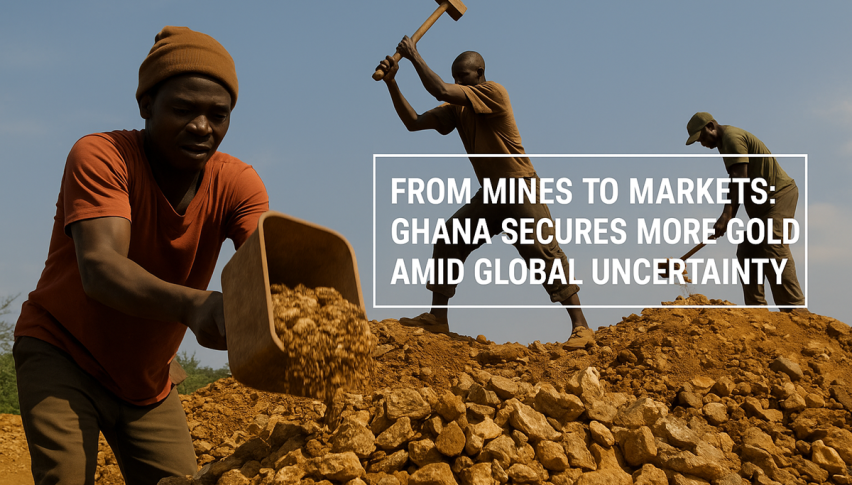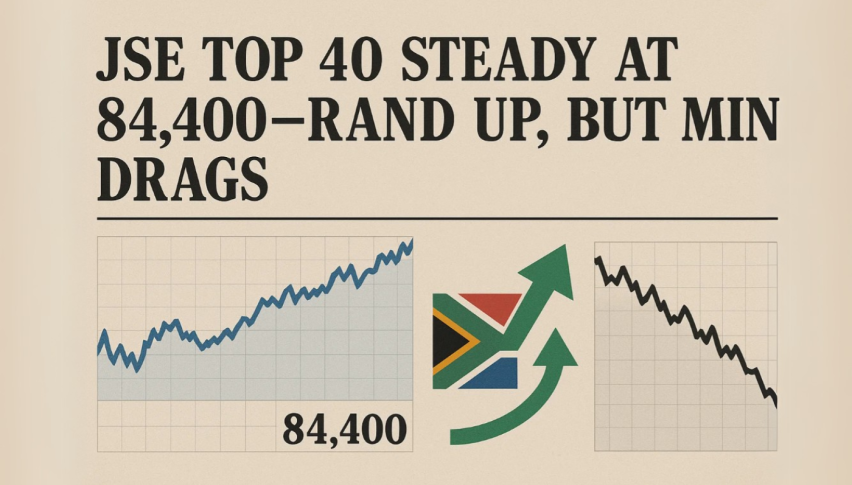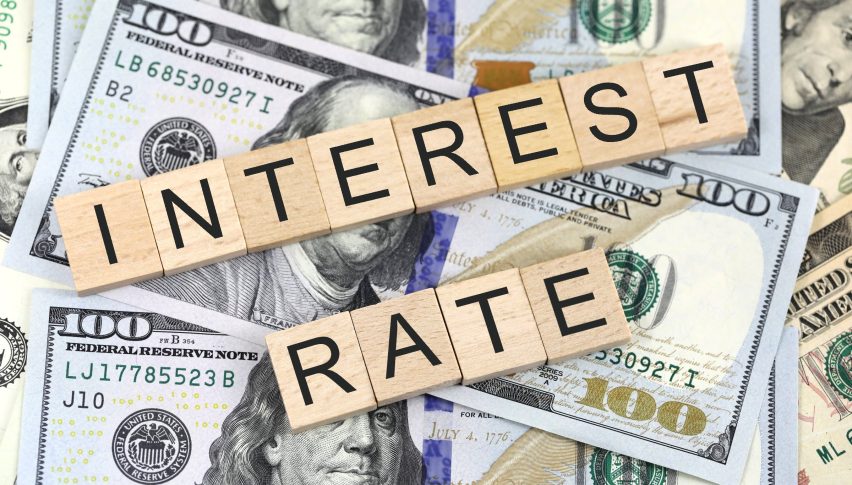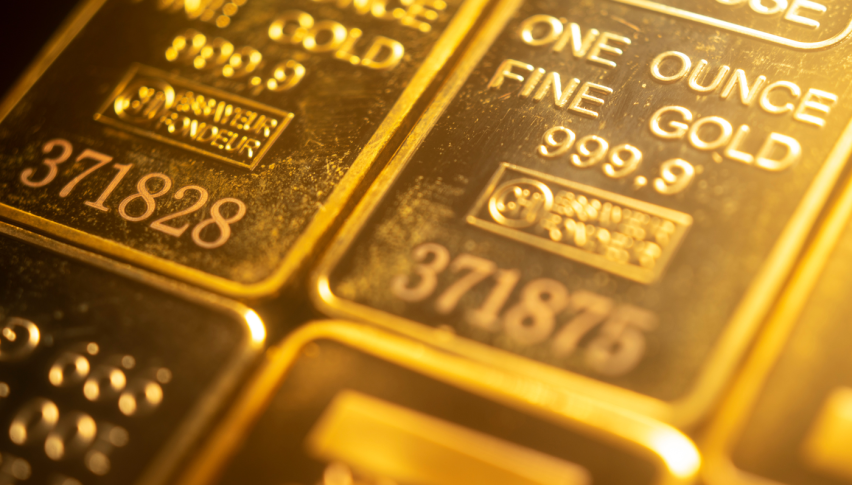Ghana Reclaims Its Gold: Mining Deals to Stabilize Economy As XAU Prices Stay High
Ghana is doubling down on gold to boost its currency and economic stability, striking new deals with miners to expand its strategic reserves

Quick overview
- Ghana is enhancing its gold acquisition strategy by securing agreements with nine mining companies to purchase 20% of their gold output.
- The government aims to pay for gold in local currency to strengthen the Ghanaian cedi and reduce reliance on the U.S. dollar.
- Since the program's launch, Ghana's gold reserves have increased by over 250%, signaling confidence in gold as a buffer against economic volatility.
- The initiative also seeks to support small-scale miners and promote transparency in the domestic gold sector.
Live GOLD Chart
Ghana is doubling down on gold to boost its currency and economic stability, striking new deals with miners to expand its strategic reserves.
Ghana Doubles Down on Gold Strategy to Boost Currency and Reserve Strength
Ghana has expanded its ambitious gold purchase initiative, reaching fresh agreements with nine additional mining companies to acquire 20% of their gold output. The announcement, made by a government body on Wednesday, marks a significant step in the West African nation’s efforts to reinforce the Ghanaian cedi (GHS), which has surged by approximately 20% since mid-April.
As part of this strategy, the government will pay for the gold in local currency, aiming to build up reserves, reduce reliance on the U.S. dollar, and enhance foreign exchange stability. The initiative also aims to tackle gold smuggling, promote formalized trade, and direct more benefits from Ghana’s gold resources into the domestic economy.
From Mines to Central Bank: A Strategic Gold Push
Originally launched in 2022, the gold acquisition program began with deals involving major international players such as Gold Fields, Newmont, AngloGold Ashanti, and Asanko Mining. Under the framework, 20% of each company’s annual gold production intended for export is to be delivered to the state in the form of doré bars—a semi-pure alloy of gold and silver.
These deliveries are settled in cedis at a slight discount—1% below the London Bullion Market Association (LBMA) spot price—making the arrangement both attractive for the central bank and beneficial for companies operating within Ghana’s borders.
Reserves Surge Nearly Fourfold Amid Global Turbulence
The results of the program are already materializing. In May 2023, the Bank of Ghana held just 8.78 metric tons of gold. Less than two years later, by April 2025, reserves have soared to almost 31 tons—a more than 250% increase. This leap signals growing confidence in gold as a buffer against economic volatility and underscores the central bank’s proactive approach to mitigating the impact of global financial instability.
Gold Chart Daily – Technicals and Fundamentals Keep XAU Supported 
The accumulation of reserves is not only designed to support the currency but also to give the central bank more tools to manage inflation and external shocks, positioning Ghana more independently in the global financial ecosystem.
A Boost for Small-Scale Miners and the Broader Economy
Beyond the macroeconomic impact, the program also aims to boost the domestic gold sector, particularly small-scale miners. By funneling more transactions through official channels and offering payment in local currency, Ghana hopes to curb illegal exports and ensure that more of the wealth generated from gold stays within the country.
The creation of a centralized, government-supervised channel for domestic gold purchasing could also bring increased transparency, improve compliance with international trade standards, and open doors to broader financial inclusion for local mining communities.
Conclusion: Will Gold Be Ghana’s Long-Term Stabilizer?
With global gold prices remaining elevated and financial uncertainty persisting, Ghana’s gold-first approach could serve as a blueprint for resource-rich nations navigating currency challenges. By securing more gold in exchange for local currency, Ghana is betting on long-term self-reliance over short-term fixes.
The key question now is whether this strategy will continue to deliver lasting stability, or whether it remains vulnerable to shifts in commodity prices and international markets. For now, the surge in reserves and the strengthening of the cedi suggest that Ghana’s golden gamble is paying off.
- Check out our free forex signals
- Follow the top economic events on FX Leaders economic calendar
- Trade better, discover more Forex Trading Strategies
- Open a FREE Trading Account





